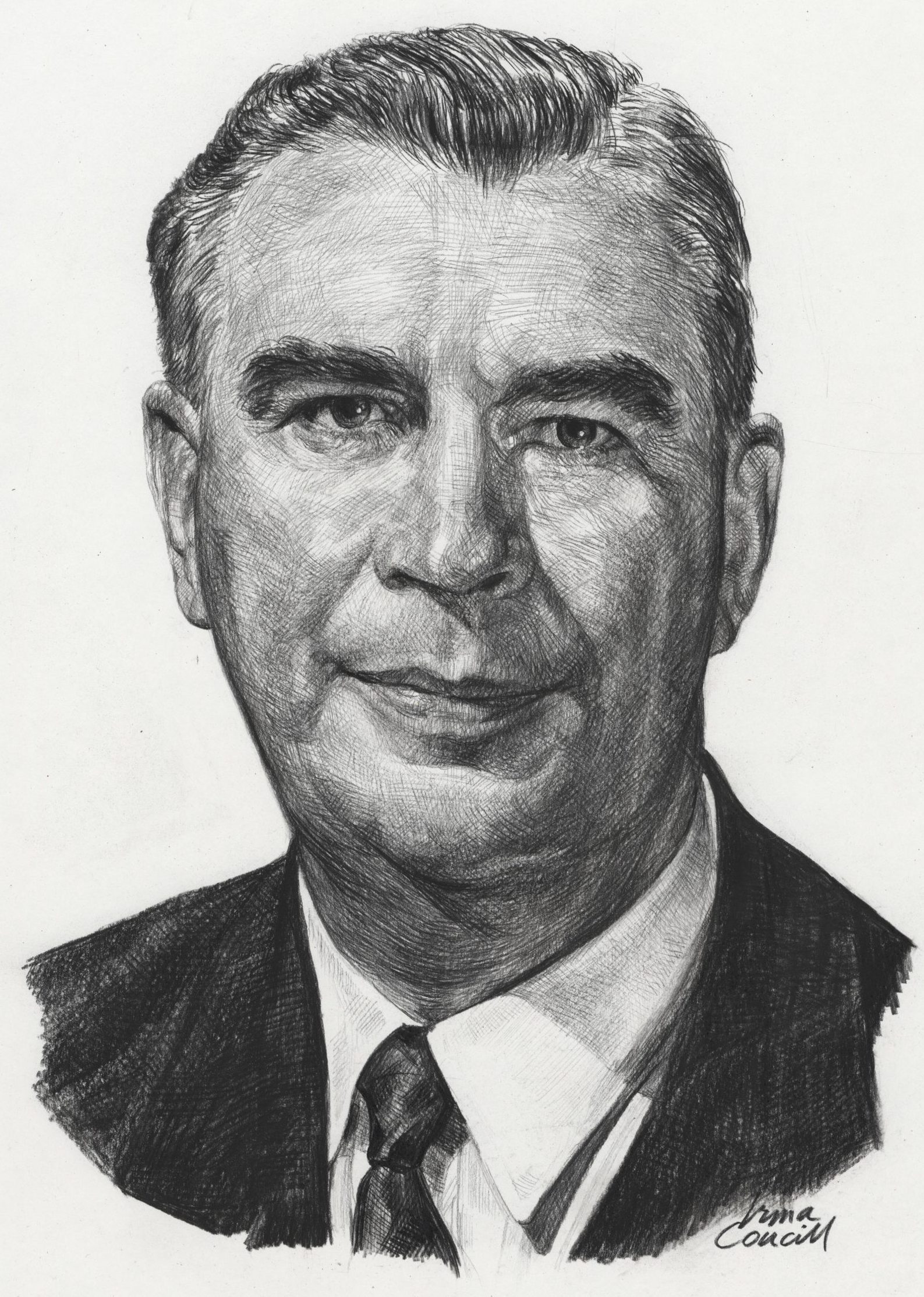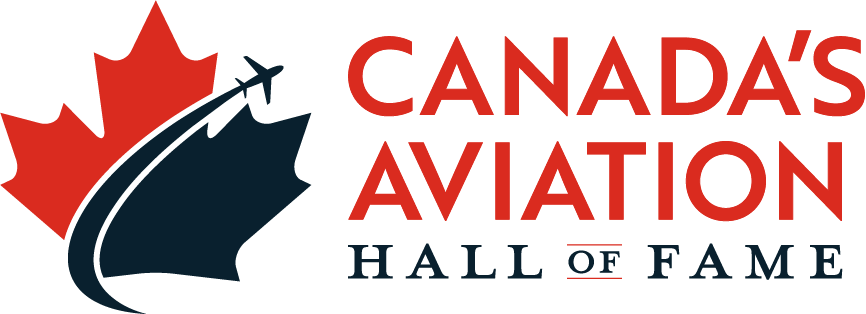John Talbot Dyment

Nickname: Jack
Birth Date: November 23, 1904
Birthplace: Barrie, Ontario
Death Date: April 5, 2000
Year Inducted: 1988
Awards: CM; LLD (Hon); FRAS; FCASI; FSAE; FCAE
His fifty years of dedicated service applied with superior knowledge and determination for the advancement of commercial aviation in the land of his birth and around the world have substantially benefited Canadian aviation
Success in Athletics
John Talbot Dyment, C.M., B.A.Sc., LL.D. (Hon), was born in Barrie, Ontario, on November 23, 1904. He moved to Toronto in 1912 and was educated there. His deep interest in aviation began at the age of nine while watching a Wright biplane fly near Daytona, Florida. He attended the University of Toronto, graduating with a degree in mechanical engineering in 1929. During his university years he learned to fly at the Royal Canadian Air Force (RCAF) Station at Camp Borden, Ontario, during the summer. He was awarded the Sword of Honour as top cadet at the time he received his wings. He was also very active in the field of sports, winning 36 medals in various athletics, including track, wrestling, shooting, and Canadian championships in fencing. In 1927 he performed the first delayed parachute jump in Canada, free-falling 1,000 feet (305 m) before opening the parachute.
Turning His Skills to Aviation
Following graduation from university he learned his trade by working for the Aviation Division of the Ford Motor Company in the United States, as well as the Aeronautical Engineering Division of both the Department of National Defence and the newly formed Department of Transport. It was during this period he gained invaluable knowledge and experience in the fields of stress analysis, aerodynamics, propulsion and air worthiness approval. He also assisted Bob Noorduyn on the original performance calculations for the Norseman aircraft.
In 1938 he was appointed Chief Engineer of Trans-Canada Airlines, a position he held for 30 years. During this time the airline grew to become the sixth largest in the world and saw great advances in the technology used to operate aircraft.
Adapting Aircraft to Cold Weather
Dyment's team of engineers at TCA faced many challenges in adapting airplanes designed in warmer climates to fly effectively in the colder weather zones in Canada. A few of the problems they dealt with were: preventing ice build-up on leading surfaces, protecting propeller blades against icing, redesigning carburetor intake systems to prevent or reduce icing, and preventing condensation of moisture which affected electrical controls. Additional projects included the development of lubricants which would not congeal, and flexible hoses which would not harden and crack in extreme cold.
Dyment's knowledge and practical application of aeronautical technology has been recognized world wide. He has been chairman of a number of prestigious international symposiums. Three of international conference on turbine powered air transports; 1953, Chairman of the International Air Transport Association's first international symposium on helicopters; and in 1961, Chairman of the first international meeting on supersonic air transports.
Worldwide Success
Up to the time of his retirement from Air Canada in 1968 he had been invited to present some 70 scholarly papers in Canada, the United States, England and Europe. These dealt with such topics as air transport design and operations, airline organization, and engineering education. He is the only non-American to be appointed as a consultant by the government of the U.S.A. to recommend civil aviation research and development programs for that country. In 1964 he was elected President of the U.S. Society of Automotive Engineers, the only non-American so elected.
TCA was re-named Air Canada in 1965. Under Jack Dyment's guidance the engineering department gained a reputation for serviceability and reliability, in addition to conceiving and introducing over one hundred firsts in the world of air transportation.
In 1973 Dyment received an Honorary Doctor of Laws Degree at the Centenary Convocation of the University of Toronto, and in 1981 he was inducted into the University of Toronto's Engineering Hall of Distinction. He was a Fellow of several organizations and societies, including: the Royal Aeronautical Society, the Canadian Aeronautics and Space Institute (CASI), the Society of Automotive Engineers, and the Canadian Academy of Engineering. He was a life member of the Engineering Institute of Canada, the Order of Engineers of Quebec and a number of alumni associations. He is also an Honorary Member of the Canadian Air Line Pilots Association (CALPA). In 1991 Dyment was named a Member of the Order of Canada (C.M.) for his service to Canadian aviation. He died in his 96th year at Vancouver, B.C. on April 5, 2000.
John Talbot (Jack) Dyment was inducted as a Member of Canada's Aviation Hall of Fame in 1988 at a ceremony held at Edmonton, Alberta.
To return to the Inductee Page, please click here.
